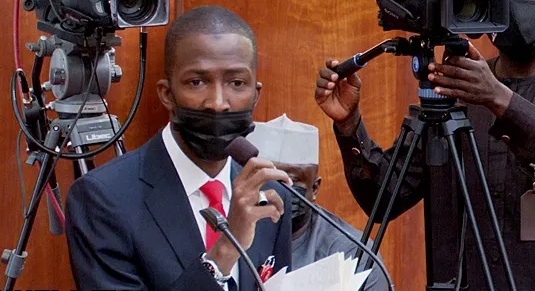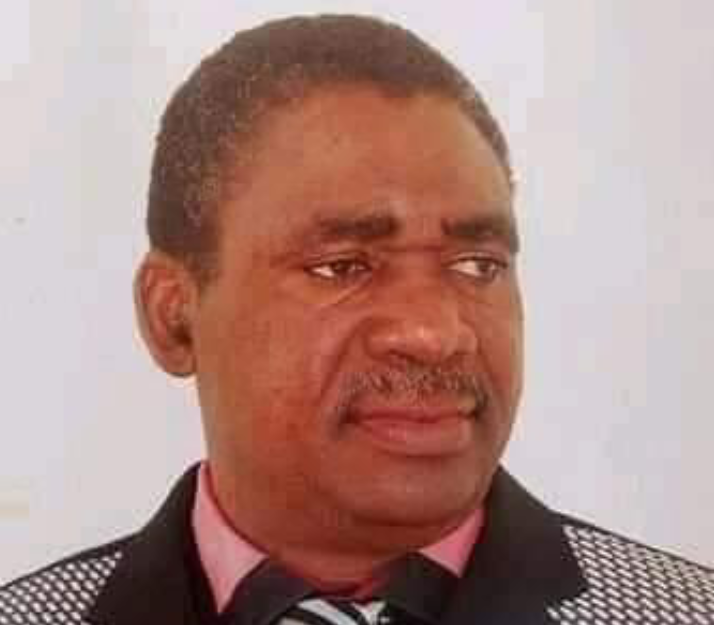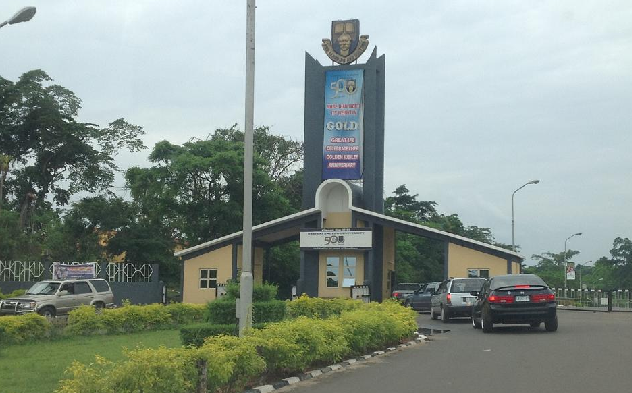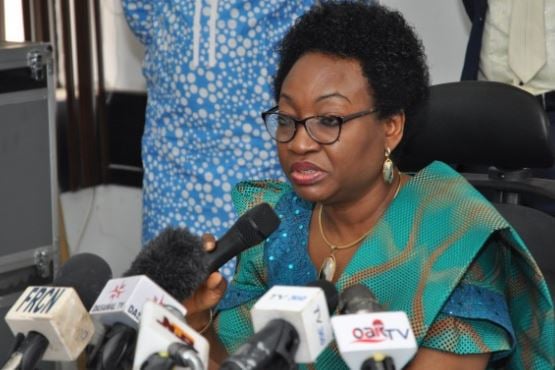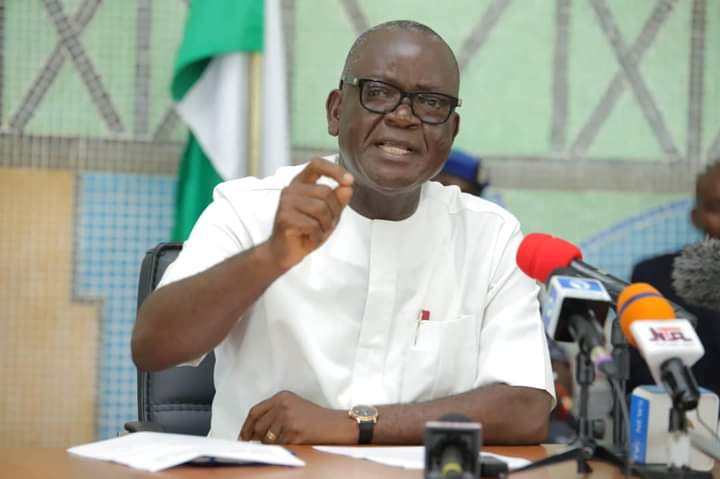BY MON-CHARLES EGBO
Criticism is as critical as it is strategic to result-oriented leadership and progressive governance. But when wrongly-deployed, it produces in its wake among others, prejudice, which is antithetical to organizational progress, societal harmony and national development.
For instance, preconception is one major reason the larger proportion of Nigerian masses are today in an utter state of disconnect, as far as the national assembly is concerned. Sequel to certain actions and inaction of past assemblies, poor knowledge, and understanding of the workings of the legislature as well as political expediency inspired largely by elitist tendencies, there is a communication breakdown between the legislators and the majority of the people. In lieu of cooperation and support towards excellence, the national assembly rather harvests apathy, subjective criticisms, and unwarranted attacks from the public, which are even mostly instigated. And until this perennial burden and consequences of prejudice are addressed, Nigeria will have to grapple with under-development for a long time to come.
Firstly, Nigerians should strive always for well-informed perspectives for fair judgments, if ultimately good governance is the expectation from those in authority. Adequate information about the roles and responsibilities of the various arms and tiers of government are essential in this regard. Blames, if necessary, should be located appropriately.
Advertisement
As an instance, it is the prerogative of the president of the country to make certain categories of appointments, such as ministers and heads of federal departments and parastatals, including security agencies. But constitutionally, he shall forward the nominees to the senate (and House of Representatives when involving military service chiefs), for screening and confirmation prior to appointments. However, the laws did not provide for the templates for screening, aside from certain basic qualifications for eligibility to hold offices.
For example, to be appointed a minister, a nominee must be “qualified for election into the House of Representatives”, which implies that such a nominee must be educated up to at least School Certificate level or equivalent and, is a member of a political party sponsoring him or her. That is just all!
Then to become the executive chairman of the Economic and Financial Crimes Commission, EFCC, the nominee must have been in the public service for a minimum of 15 years and must not be below the rank of assistant commissioner of police or equivalent. Again, non-career ambassadors can be appointed from among Nigerians in the wisdom and conviction of the president. No other proviso is attached. But in all these once again, the Senate is to screen and confirm. And also because the constitution is inexplicit as to the scope of the inquiry, the legislators are open to whatever mode that is in substantial compliance with the national interest, high moral standards and public expectations, in discharging these functions.
Advertisement
Nonetheless, there were concerns raised by cross-sections of the Nigerian public on the recent confirmation of the immediate-past service chiefs, as non-career ambassadors. There was a dominating question as to the eligibility of these retired top military brasses who had been widely-adjudged as having failed relative to addressing national insecurity which was their core mandate for over five years in the saddle. This position was strengthened particularly given that the very senate that confirmed them as ambassadors had rated them very low and severally called for their removal as service chiefs. As such, most Nigerians were understandably taken aback when the same senate strangely gave these men a clean bill of health with respect to their nominations as ambassadors.
Instructively and despite how popular these reservations are, we are in a democratic dispensation where the constitution is supreme, thus prompting subjection of every socio-political argument to constitutional examination. It is on this premise that the senate president, Ahmad Lawan, argued that those resolutions calling for the sack of the then service chiefs, when placed side-by-side their latest nominations in the eyes of the law, was justifiably ineffective. He stressed that the “understanding is that they have not been appointed to serve as service chiefs, which is a plus for the Senate. If they are nominated for a different position, our resolution will not apply. What we have to do is to advise the executive to use the past experience of the ex-service chiefs in their new positions. The nomination cannot be nullified because we said they should be changed”. And of course, they were changed, even though reluctantly!
Besides, the constitution empowers the president of the country limitlessly to appoint whoever he deems fit to complement him in exercising his mandate. And similarly, the citizenry is empowered to challenge whatever nomination of the president though without clear-cut pathways and standards. And herein lies the challenge!
The senate committee on foreign affairs that conducted the screening, through its chairman, Senator Adamu Bulkachuwa, had reported that it received two petitions from the public against the nominations, but were reviewed and dismissed, apparently discretionary. According to the committee, “the police report received showed that the nominees have been cleared by the DSS. They presented their slip from the Code of Conduct Bureau and possess the requisite skills for the position. Their experience as service chiefs makes them eminently capable for the position and they were knowledgeable and articulate in their response to questions posed by members of the panel”. Consequently, the nominees were confirmed as there were no constitutional impediments.
Advertisement
Beyond that, there were questions that trailed the confirmation of the appointment of Abdulrasheed Bawa as chairman of EFCC. Though not as vociferous as that of the ex-service chiefs, the core concern bordered on integrity and also his being the first non-police officer to head the anti-graft agency. Particularly, there was an allegation to the effect that he once shortchanged the agency and by extension, the country, while heading the Port-Harcourt zone of EFCC.
But unlike the ex-service chiefs, Bawa was screened by the senate at plenary rather than a committee. His appearance at the chamber afforded him the opportunity to maximally “showcase” himself. It was such that despite clamours for him to just take a “bow and go”, having removed every doubt at the preliminary stage, the president of the senate would not be swayed by ‘sentiments’. Typical of him, he maintained that Nigerians must be first and tower above other considerations. According to him passionately, “please, I want us to allow this young man to address Nigerians and even the international community. So let’s at least exhaust some of these issues that Nigerians want to hear, because we are not the only ones”.
Certainly, it is not just about the senators but about the people. And in the end, the nominee was thoroughly ‘grilled’ and subsequently confirmed as being eminently qualified to head the outfit. The constitution was religiously respected.
Empirically, therefore, the senate did not in any way derail relative to these confirmations as has even been the case with the previous ones. Standards were not lowered. Lawan has been providing the requisite leadership for legislative excellence. He is diligently committed to leading the national assembly in guiding the executive towards good governance. Although there are daunting challenges about the security and welfare of the citizens, the 9th national assembly is not just working and walking on the side of the people for a regenerated Nigeria, it is overtly determined to make whatever sacrifices that would improve the conditions of the people. And towards this dimension, Lawan had instituted the option of engendering and sustaining an executive-legislature collaboration for the benefit of the people, without willfully compromising the constitution. He has remained resolute about it, since the inauguration and there have been dividends.
Advertisement
But considering where we are coming from as well as series of other socio-political and economic disruptions, the efforts and sacrifices of the Lawan-led legislature are not yet tangible. The age-long dependence on oil as the sole source of economic survival and stability rubbed off negatively on the country for which there have been social pains and frustrations that even predated this dispensation. And currently, also, the advent of the coronavirus is having its toll on Nigeria’s economy. These unfortunate trends combine to distract the national assembly and equally overshadow its corporate dedication to the masses.
So those objections raised by patriotic and concerned Nigerians against the screening and confirmation exercises were not misplaced. Though did not achieve the desired ends, they provided further impetus and bases for amendments to our laws for deepened and sustainable democracy. Among others, there should be well-defined processes and procedures for screening nominees, including specific expertise or requirements expected of them as well as the need for disclosure of portfolios of ministerial nominees ahead of the screening. Also, the system of challenging nominations should be structured, to at least include the inherent contents of petitions in addition to manners of presenting and defending them. And there should be a spelled-out consequence for not honouring legislative verdicts in the event that a nominee is not confirmed upon screening, as was the case with the former EFCC boss, Ibrahim Magu, who was not confirmed by the senate but occupied the seat for five years.
Advertisement
Therefore rather than disenchantment, this is an opportunity and invitation for Nigerians to close ranks with the national assembly towards deepening and sustaining our democracy for our own benefits and that of the future generations. Apathy and hostility or subjective criticisms are rather compounding our problems than offering solutions. Legislative businesses are information-driven and public support-based. So, be the first to take a positive step in this regard!
Egbo is print media aide to the president of the senate
Advertisement
Add a comment
